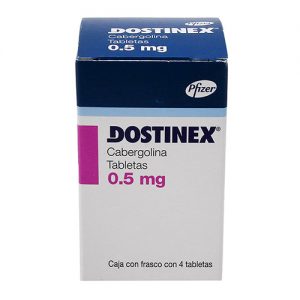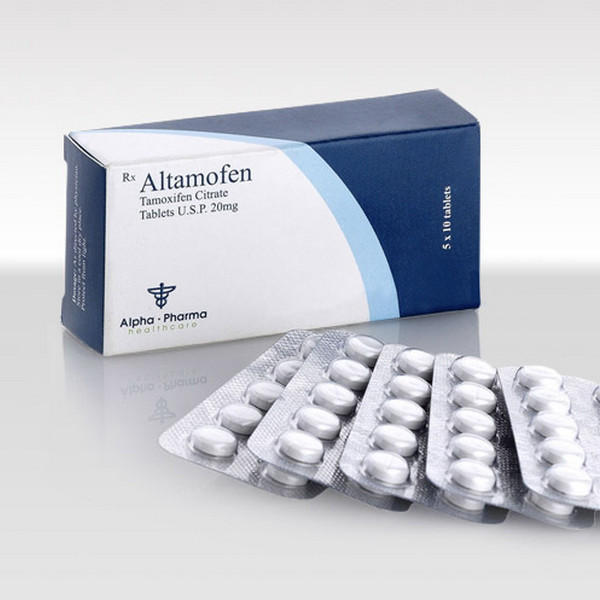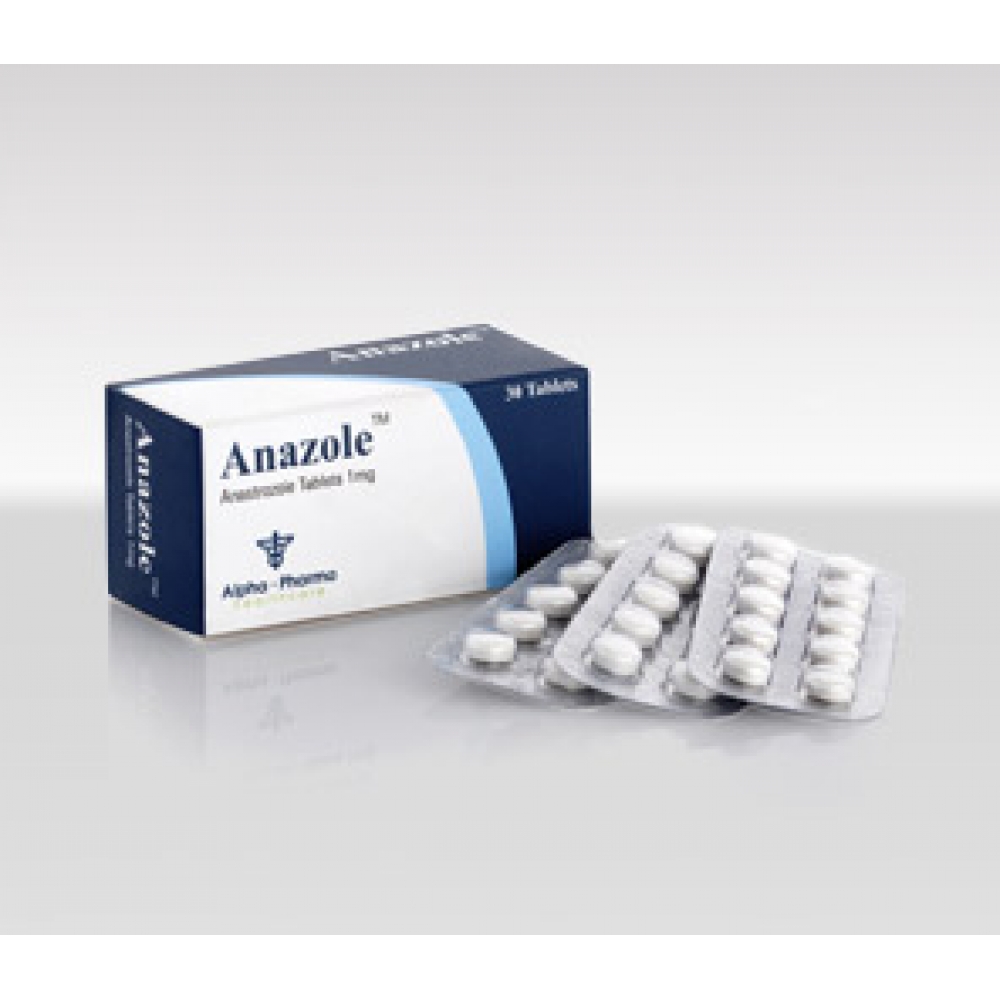Description
Antineoplastic agent, an inhibitor of the synthesis of estrogens. Letrozole has an antiestrogenic effect, selectively inhibits aromatase (an enzyme for the synthesis of estrogens) by highly competitive binding to the subunit of this enzyme, the heme cytochrome P450. It blocks the synthesis of estrogens in both peripheral and tumor tissues.
In postmenopausal women, estrogens are formed predominantly with the participation of the aromatase enzyme, which turns the androgenes synthesized in the adrenals (primarily androstenedione and testosterone) into estrone and estradiol.
Dosing regimen
The drug is taken orally, regardless of food intake.
The recommended dose of Letrozole is 2.5 mg 1 time / day, daily, long (for 5 years or until relapse).
As an extended adjuvant therapy treatment should last for 4 years (no longer than 5 years).
If signs of disease progression appear, the use of Letrozole should be discontinued.
In patients with last-stage disease or a metastatic tumor, treatment with Letrozole should be continued until the tumor progresses.
In elderly patients, correction of the dose of Letrozole is not required.
Side effects
Letrozole, as a preparation of adjuvant therapy for breast cancer, as well as a means of treatment of early stages of breast cancer (in persons previously treated with tamoxifen), is well tolerated by patients.
Side effects on the background of treatment with Letrozole in most cases were due to the deficiency of estrogens, which causes the drug.
Side effects are presented on the basis of data from clinical studies and post-licensing control.
Undesirable effects from:
Blood systems: leukopenia;
Urinary system: urinary tract infection, frequent urination;
Nervous system: anxiety, irritability, nervousness, depressive states, headache, sleep and memory disorders, dizziness, hypoesthesia and paresthesia. In addition, cerebral blood flow disorders are possible;
Sensory organs: decreased visual acuity, taste disorder, cataract, eye irritation;
Heart and blood vessels: tachycardia, hypertension, palpitation, thrombophlebitis, angina pectoris, arterial thrombosis, pulmonary embolism;
Digestive tract: lability of appetite and body weight, hypercholesterolemia, vomiting and nausea, digestive and stool disorders, abdominal pain, dry mouth, stomatitis and increased activity of liver enzymes;
Reproductive system: vaginal discharge, vaginal bleeding, vaginal dryness, painful sensations in the mammary glands.
Drug Interactions
Experience with the drug Letrozole with other antitumoral drugs is not.
In vitro, cimetidine and warfarin had no effect on the efficacy and plasma concentrations of letrozole (despite the significant effects of cimetidine and warfarin on P450).
Significant interactions letrozola with benzodiazepines, anti-inflammatory drugs, furosemide, barbiturates and omeprazole were not observed.
In vitro letrozole leads to inhibition of the activity of CYP2 A6 and CYP2 C19, however, there was no clinically significant interaction with diazepam (CYP2 C19 substrate). Despite the fact that the probability of interactions letrozola with the isoenzyme CYP2 C19 is negligible, care must be taken when combined with the appointment of Letrozole with substances metabolized with the participation of CYP2 C19.
Overdose
Clinical experience of letrozole overdose is absent. Animal studies indicate a low risk of acute intoxication with letrozole.
In clinical trials, there is the experience of a single dose of 30 mg letrozole and long-term therapy with letrozole at a dose of 5 mg / day, which were not accompanied by the development of serious side effects and effects that were potentially lethal.
There is no specific antidote letrozole. In acute overdose, standard clinical measures recommended for intoxication with drugs are carried out.




